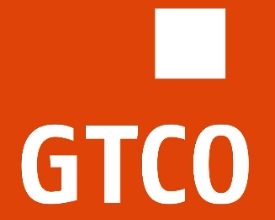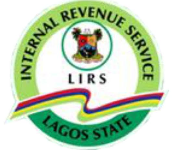
MTN, Glo, Airtel users get new rates on Close User Group services
CITIZENS COMPASS — The Nigerian Communications Commission (NCC) has revised call and text tariffs for close user group services.
The new tariff is effective November 1, 2023, and will change how family and friends interact through phone calls.
The Nigerian telecommunication sector’s biggest companies, MTN, Airtel, GLO, and 9mobile, are set to implement the changes.
Service providers like MTN, Glo, Airtel and 9mobile offer CUG services that allow enrolled customer group members to enjoy lower call rates and free on-net calls by paying monthly access fees. The regulator also banned telecom companies from bundling data with CUG plans,
This means that CUG services will now be restricted to voice calls and text messages only for customers. Speaking on the decision, Garba Danbatta, the Executive Vice Chairman of the NCC, said: “CUG rental/access fee must not be bundled with data, VAS, or other ancillary services.
“This directive effectively limits CUG plans to providing voice calls and text messages only.” More details on NCC’s new directive to telcos In addition to the call rate cap of N50 per minute for voice calls, the NCC has set the price for text messages at N4 per SMS. The minimum access fee for prepaid and postpaid CUG services has been established at N400, with a maximum price of N500 monthly. Furthermore, the NCC has introduced specific pricing thresholds for calls and text messages within and outside a CUG.
Calls and text messages within a CUG (on-net) must not fall below N0.50 per minute for voice services and N1.02 for text messages. Calls outside the CUG (off-net) are subject to a price floor of N6.40 per minute for voice services and N1.02 for text messages.
The NCC has also streamlined CUG services, limiting them to six subscriber categories. These categories include large corporate organizations (with a limit of 30,000 phone lines), government agencies (20,000), not-for-profit organizations (10,000), duly registered residential estate associations (2,000), and micro, small, and medium enterprises (MSMEs) (200).







